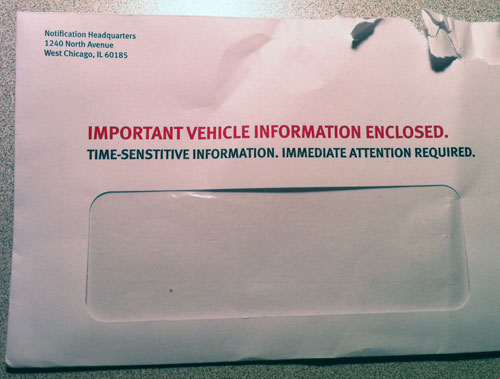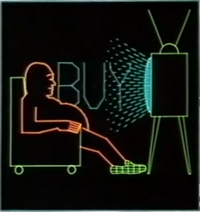Generation Y (GenY) is made up of those born between 1981-1999. I hear a few knocks on today’s young people but mostly from older folks with a very different view of… everything. I found the following in a story on a Canadian website and have applied for membership in Gen Y.
Clay Collins, author of The Alternative Productivity Manifesto and Quitting Things and Flakiness: The #1 Productivity Anti-Hack, argues that Gen Y is different than previous generation workers in the following ways:
- Gen Y uses modern tools and technologies, including software that’s easily accessible and free from the Internet;
- Gen Y easily maintains their to-do lists, and priorities by synching with the PDAs and iPODs;
- Gen Y are not workaholics, and understand the relationship between a balanced life and productivity;
- Gen Y are more likely to love their jobs, because they change jobs more frequently, and stay in jobs that match their passions and talents;
- Gen Y has a continuing thirst for learning and personal growth;
- Gen Y wants to have new experiences, try new things, and be creative;
- Gen Y doesn’t stay in jobs they don’t like just to be comfortable and secure.
Understanding Generation Y is important not just for employers. Older workers–that is, anyone over 30–need to know how to adapt to the values and demands of their newest colleagues. Before too long, they’ll be the bosses. via Is Gen Y changing the workplace? Entrepreneur Financial Post.


